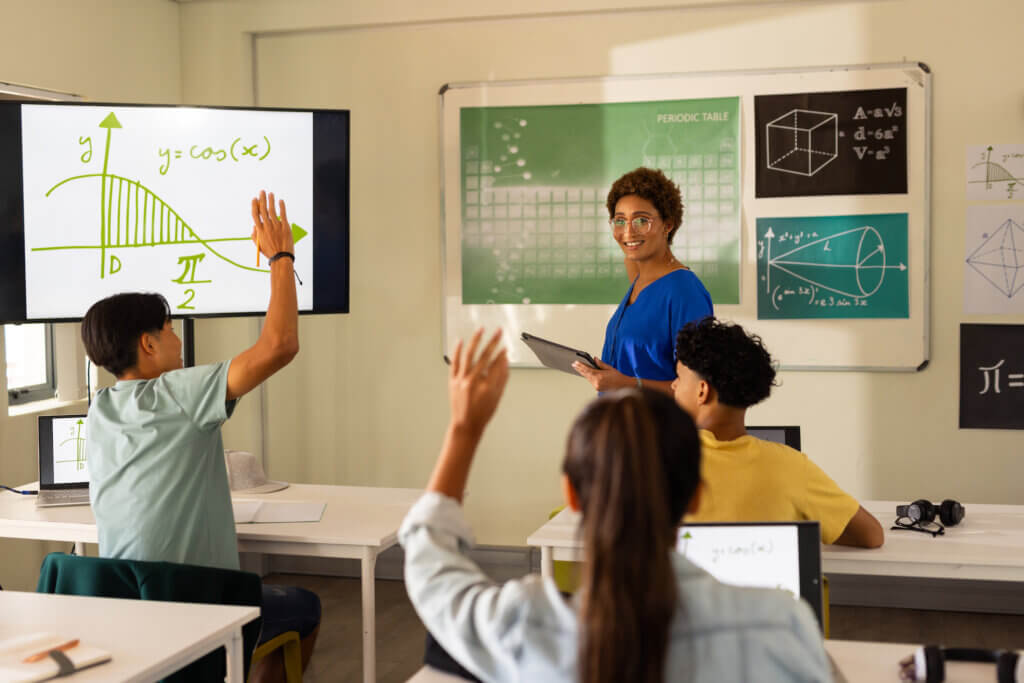CBSE Class 11 vs. Class 12: What Changes and How Your Child Should Adapt Their Study Strategy
The jump from Class 11 to Class 12 isn’t just another academic step — it’s a shift in pace, pressure, and priorities. This article breaks down the key differences between the two years and offers smart, actionable strategies to help students adapt, stay focused, and excel in both board and competitive exams.










